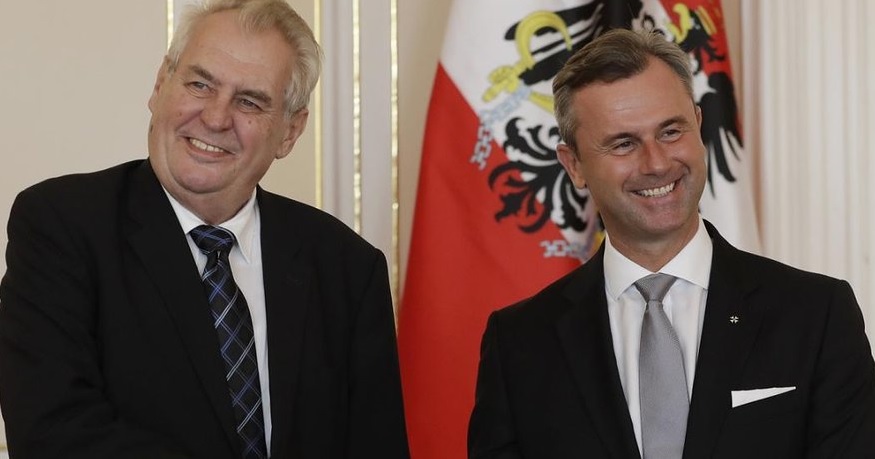Belgium, Brussels – The 5th Eastern Partnership Summit took place on Friday, November 24, in Brussels. It was a moment to look at the achievements of the last two years in the EU’s relationships with its six Eastern partners, and to look forward to implementing 20 deliverables by 2020 that will bring tangible benefits to citizens, declared the EU authorities.
The Summit, held at the level of Heads of State or Government, brought together the European Union institutions, represented by the President of the European Commission, Jean-Claude Juncker, and the President of the European Council, Donald Tusk, the 28 European Union Member States, and the six Eastern partners, namely Armenia, Azerbaijan, Belarus, Georgia, the Republic of Moldova and Ukraine. They were joined by the High Representative of the EU for Foreign Affairs and Security Policy & Vice-President of the European Commission Federica Mogherini, the Commissioner for European Neighbourhood Policy and Enlargement Negotiations, Johannes Hahn and the Commissioner for Trade, Cecilia Malmström.
The Summit participants agreed a Joint Summit Declaration. In the margins of the Summit, a number of agreements were taken forward, including a new bilateral agreement between the European Union and Armenia; A Common Aviation Area Agreement with Armenia; and the extension of the EU’s Trans-European Transport (TEN-T) network to Eastern partners.
“The Eastern Partnership is first and foremost a partnership of people. It is about improving lives in all of our countries, about bringing our societies closer together. It is about standing up for the values, principles and aspirations that people in the European Union and in our eastern neighbourhood collectively share”, said the President of the European Commission, Jean-Claude Juncker. “At today’s Summit we agreed on a set of 20 concrete actions to complete by 2020. Through the Eastern Partnership, the European Union has helped to create 10,000 jobs, train 20,000 people, and provide over 100,000 loans to companies. We have improved access to free legal services, invested in transport links, promoted gender equality, and helped thousands of students to move between Europe and the Eastern Partnership region. As we look to 2020 and beyond, now is the time for even more action. We are on the right track, let us stay the course,” said Jean-Claude Juncker.
20 deliverables for 2020
Changing for the better the daily lives of citizens lies at the core of the Eastern Partnership, explained the EU leaders. Since the last Summit in Riga in 2015, cooperation has been based on four priority areas:
- Stronger economy: “economic development and better market opportunities”;
- Stronger governance: “strengthening of institutions and good governance”;
- Stronger connectivity: “enhancing connectivity, notably in the areas of transport and energy, as well as environment and climate change”;
- Stronger society: “increasing mobility and contacts between people”.
Under these priorities, the European Union, its Member States, and the partner countries on Friday endorsed twenty deliverables that set out a clear work plan for the future, to be achieved by the year 2020. These include:
- Broadened outreach and targeted support in particular to grassroots civil society organisations;
- Supporting businesses and providing loans in local currencies, in partnership with key International Financial Institutions;
- Improving the capacity of partner countries to take advantage of the trade opportunities with the EU and with each other;
- Reform commitments and specific investments in the area of energy efficiency;
- Developing better and safer transport links by 2030 with a long-term investment contributing to connecting the partner countries with the EU and amongst themselves;
- A digital package, including concrete steps towards harmonised roaming pricing and reduced roaming tariffs among the partner countries, easier and cheaper access to internet through the roll out of national broadband strategies, and support for job creation in digital industries;
- A substantial new support package to youth and education;
- A comprehensive new communication approach on assistance for the Eastern Partnership, and a stepping-up of strategic communication.
The Summit also endorsed a revised multilateral institutional set-up for the Eastern Partnership, providing for stronger political guidance and a more results-oriented approach to the cooperation.




